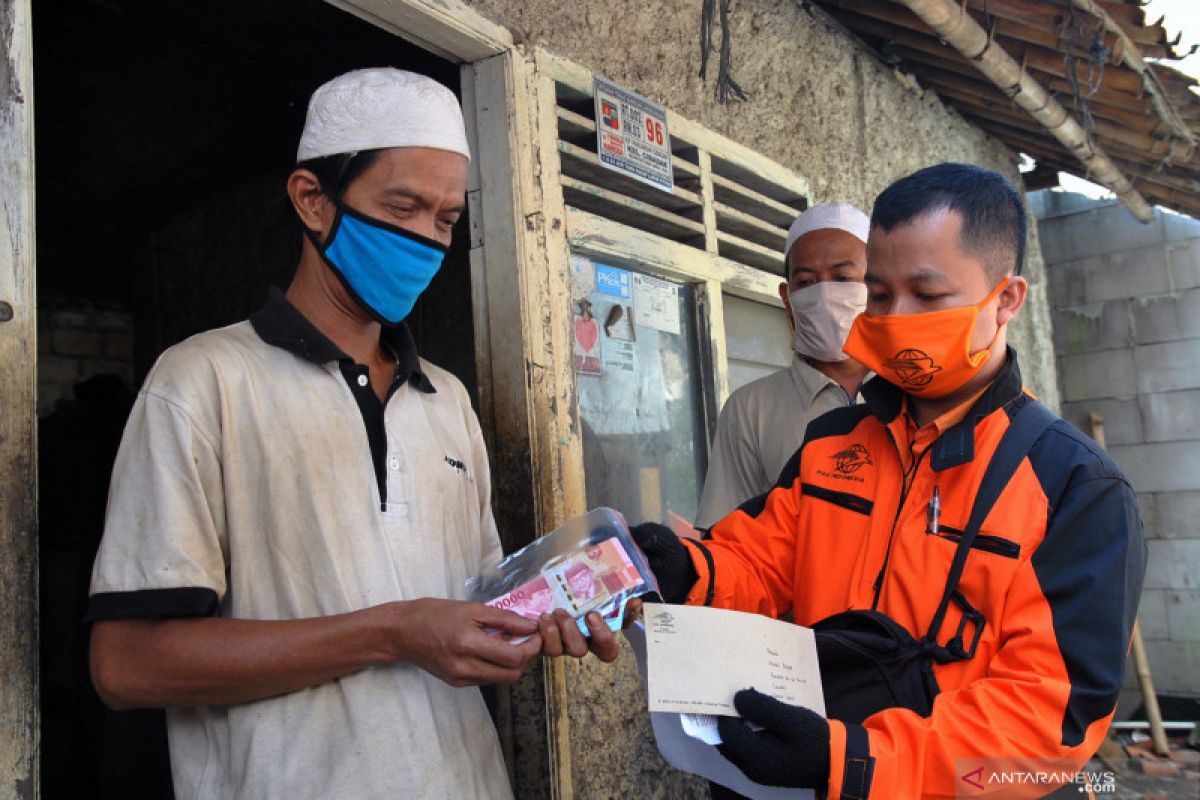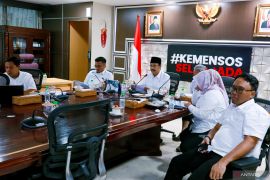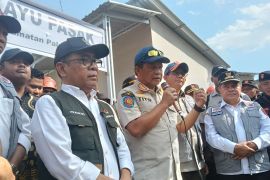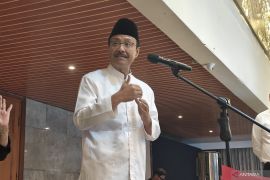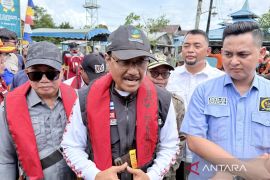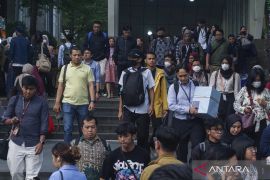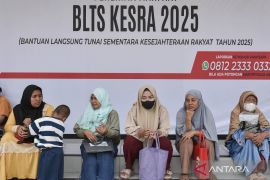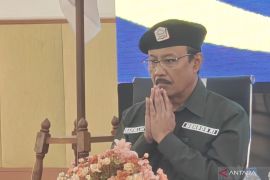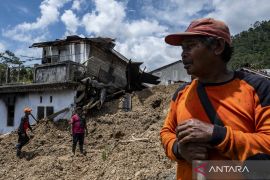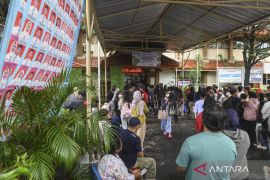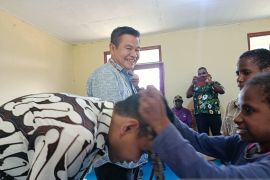"CORE Indonesia emphasizes the importance of central and regional government policies to maintain the level of welfare of the people, especially those around the poverty line," he noted in an official statement received in Jakarta on Tuesday.
The effort was intended to serve as a precautionary measure against a potential surge in poverty that was estimated to be higher than the amount of social assistance prepared by the government during this time.
CORE Indonesia has forecast that the number of poor people in Indonesia would increase in the second quarter of 2020 by 5.1 million to reach 12.3 million in a severe scenario, 8.25 million in a more severe scenario, and 12.2 million in a very severe scenario.
The government has, so far, offered social assistance in varied forms, specifically through the Family Hope Program (PKH), with a budget allocation of Rp37.4 trillion, or Rp3.7 million annually for 10 million beneficiary families.
Related news: Social assistance for economically vulnerable groups amid COVID-19
Related news: Disbursal of COVID-19 social assistance to be right on target
The staple food card, targeted for 20 million families, with a budget of Rp43.6 trillion, comprises Rp200 thousand monthly for nine months, including Rp600 thousand for 1,776 million families in Greater Jakarta (Jakarta Bogor, Depok, Tangerang, Bekasi) for three months.
Furthermore, Rp600 thousand in cash will be transferred to 5.6 million participants of the pre-employment card program for four months.
Razak remarked that the government should also continue to update the data of poor and vulnerable poor people, who deserve social assistance.
The social assistance database used by the regional government, in particular, the Integrated Social Welfare Data (DTKS), did not cover the community whose economy had only worsened after the COVID-19 pandemic surfaced.
Furthermore, Razak called on the government to offer a simplified social assistance program through integrating the distribution of aid and synchronizing the value of aid in accordance with the updated recipient social assistance data.
"At several places, there are varied forms of social assistance of different types and numbers, thereby creating social tensions in many areas," he remarked.
Razak said one alternative was to cooperate with state banks to transfer social assistance directly through a special account for each beneficiary.
"Apart from streamlining the distribution, there was no overlapping in terms of the recipients of the assistance. Moreover, potential reduction in the amount of assistance can be avoided," he stated.
Razak asserted that the social assistance offered by the government will significantly impact the response to the COVID-19 pandemic since the poor were unable to meet their basic requirements and compelled to venture outdoors for work.
"Most of them are left with no choice but to remain out of their houses to work to fulfill their basic needs," he added.
Related news: Government readies social assistance for informal workers
Related news: COVID-19: Situation likely to improve in June, July
Reporter: Astrid Faidlatul, Azis Kurmala
Editor: Sri Haryati
Copyright © ANTARA 2020
